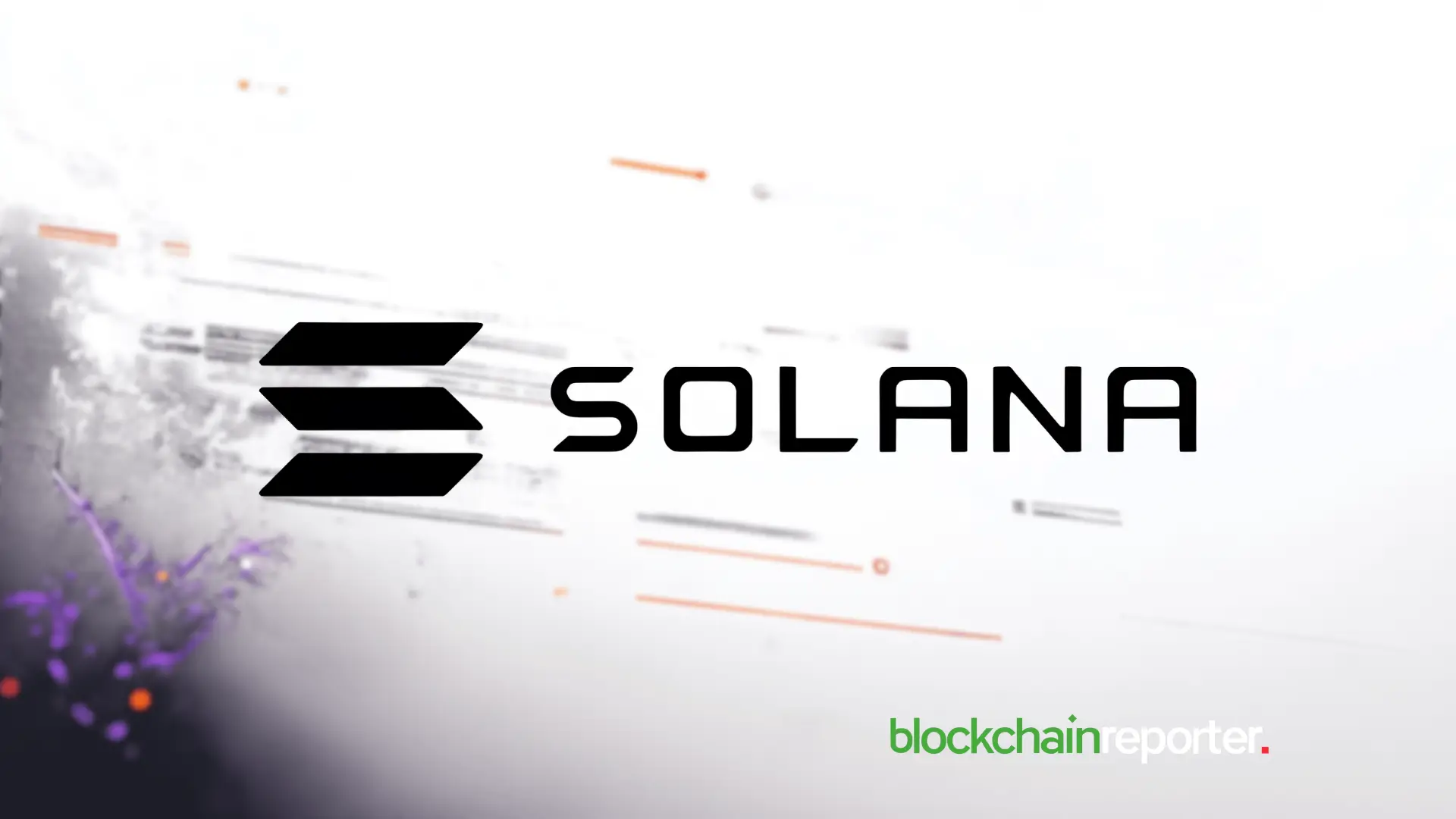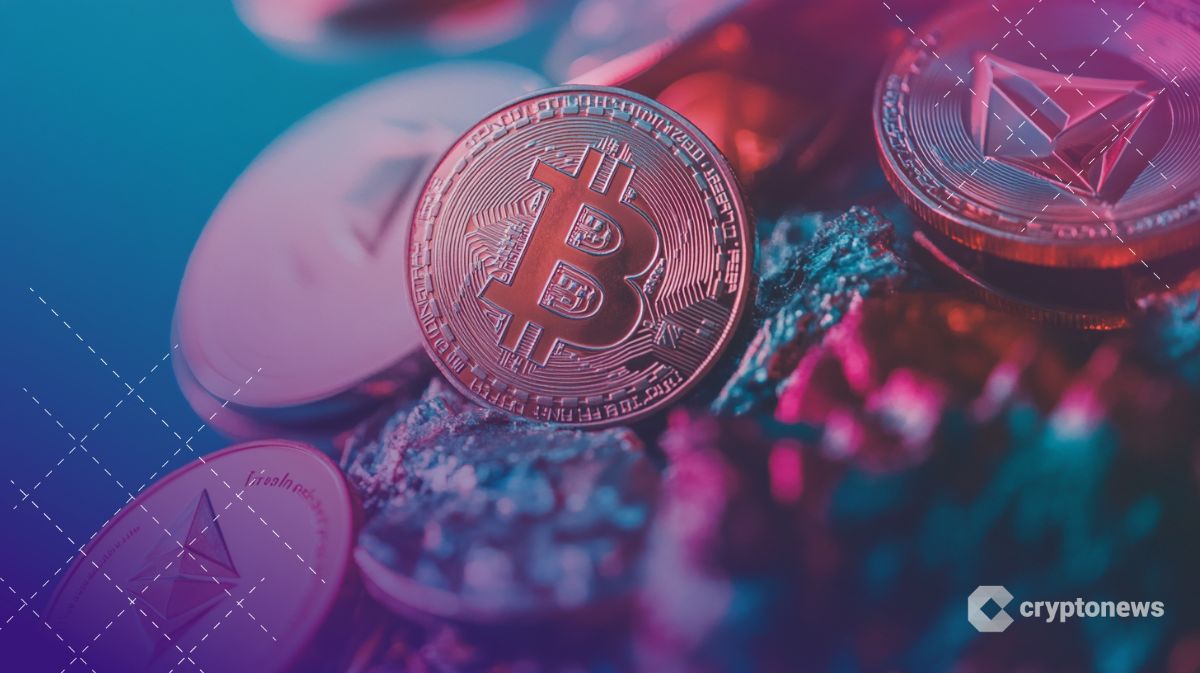What to expect from rate cut delay as UK inflation steady at 3.8% in September?
UK inflation remains stubbornly high at 3.8%, keeping the Bank of England cautious on interest rate cuts. What does it mean for crypto?
- UK inflation holds at 3.8% in September, well above the BoE’s 2% target, keeping rate cut expectations on hold.
- Global factors, including U.S. inflation, a government shutdown, and supply chain disruptions, add to market uncertainty.
- In this economic environment, Bitcoin may see safe-haven inflows, while smaller altcoins remain vulnerable to sudden sell-offs.
UK inflation holds steady at 3.8% amid mixed price trends
The latest data from the Office for National Statistics shows that the UK’s annual inflation rate remained steady at 3.8% in September, holding for the third consecutive month. This level is below the Bank of England’s (BoE) earlier forecast peak of 4%, yet still significantly above the central bank’s 2% target. Core inflation, which strips out volatile components like energy, food, alcohol, and tobacco, rose by 3.5%, slightly down from August’s 3.6%.
Price movements in specific sectors have contributed to the overall picture. Petrol and airfare prices, while easing compared to last year, still drove inflation upward, whereas recreational and cultural activities, as well as food and non-alcoholic beverages, saw modest price declines. These conflicting trends show that inflation might be near its highest point, but it’s likely to stay elevated for a while because of slow productivity growth and steady wage increases.
The economic context adds further complexity. The UK economy expanded by just 0.1% in August, indicating a sluggish growth environment. This combination of moderate but persistent inflation and weak growth has left the BoE in a difficult position as it considers the potential for further interest rate adjustments.
“High inflation is at risk of becoming entrenched in the U.K., due to a combination of disappointing productivity and sticky wage growth. We expect the Bank of England will keep interest rates on hold until the end of 2026, and we wouldn’t rule out its next rate move being upward,” said George Brown, senior economist at Schroders.
“We are not holding our breath for a November cut, which we see as essentially off the table. Markets now view a December cut as more likely than not, but we are still not entirely convinced just yet, and believe that elevated inflation could thwart any further easing until at least February,” said Matthew Ryan, head of market strategy at global financial services firm Ebury.
In practical terms, markets now see a December rate cut as more probable than a November move, though some believe that elevated inflation may prevent additional easing until early 2026.
Implications crypto
The persistence of elevated inflation and uncertainty around BoE policy could fuel short-term volatility for crypto, particularly in a market already jittery from the recent crash triggered by escalating U.S.-China trade tensions, particularly the announcement of a 100% tariff on Chinese imports by Donald Trump. The announcement led to widespread panic, resulting in the liquidation of approximately $19 billion in leveraged positions within hours. Ethereum (ETH) and various altcoins also suffered double-digit losses.
At the same time, the U.S. is dealing with higher-than-usual inflation, a long government shutdown, and ongoing supply chain issues. All of this adds to global uncertainty, and it affects markets everywhere — including crypto. Looking ahead, safe-haven flows into Bitcoin (BTC) and other established tokens could increase, while smaller altcoins could remain particularly vulnerable to sudden sell-offs.
You May Also Like

Pi Network News: New Developments Could Push Price to $0.40

Solana ETF Speculation Heats Up – Best Altcoins to Buy Before SEC Decision in October
